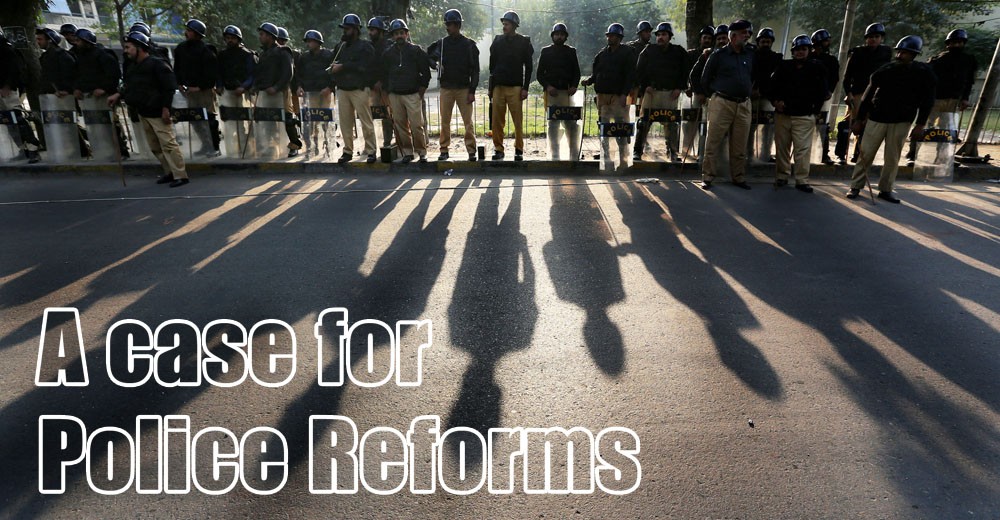
Looking at the attempts at doing police reforms so far and what should be the way ahead

The Human Rights Watch has done it, in a detailed and timely report on police titled ‘This Crooked System -- Police Abuse and Reform in Pakistan’. Apart from raising the issue of worst kinds of abuses, torture and extrajudicial killings at the hands of police, the report does well to also highlight the constraints faced by the police. A force whose personnel are over-worked, underpaid, are not properly educated or trained is bound to be a victim of low self esteem and hence the incapabilities, inefficiencies and even brutality that the citizenry experiences at their hands.
Lest this be construed as justification, the report focuses on the need for reform. But police reform has remained a perpetually unfinished agenda for too long in this country.
In our Special Report today, we focus just on police reforms. As indicated here by former IG Police Tariq Khosa and I.A.Rehman, with twenty two commissions and committees there has been no dearth of research and scholarship on reforms. What is it that has stopped these from being implemented? Or more pertinently, who should these calls for reform be addressed to?
Read also: A case of Police Reforms
To put it in more clear terms, if the citizens see the police as a brutal and brutalised force and the governments or the power elite continues to misuse it as an instrument of "oppression and control", what reform are we talking about.
Yet, this is not an agenda that we can easily give up on -- for the sake of the justice system, for democracy as well as rule of law. Our Special Report focuses on the structural flaws as well as the problems of image, functioning and accountability in details while both I.A. Rehman and Tariq Khosa look at the larger picture of reform and where it must begin and what direction it needs to take.